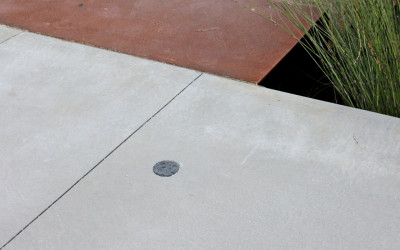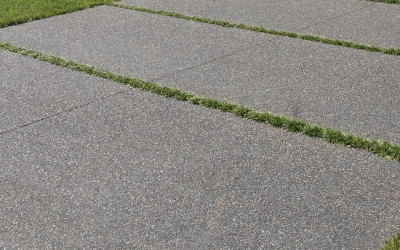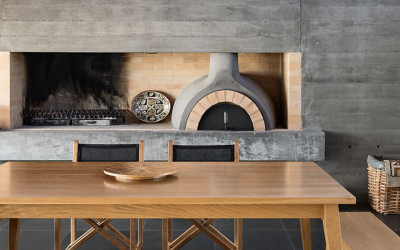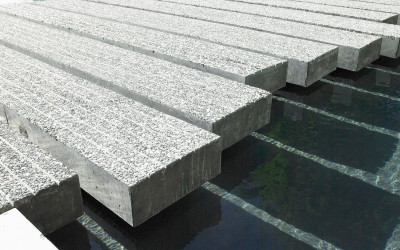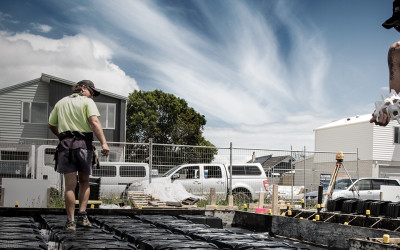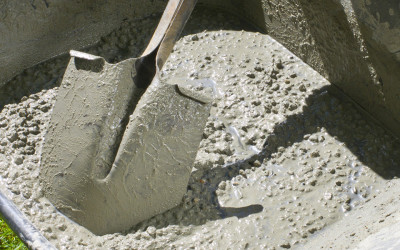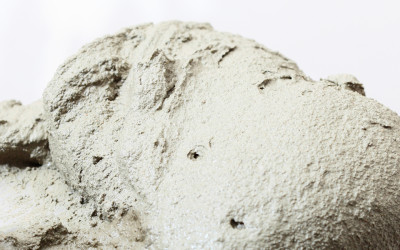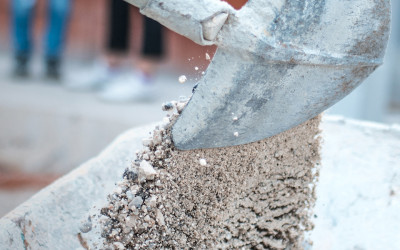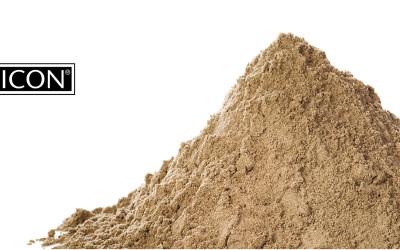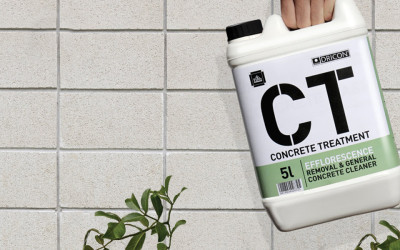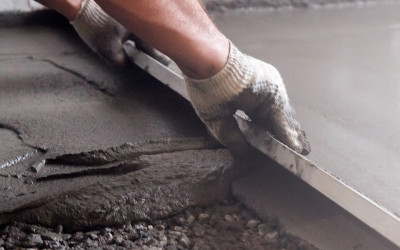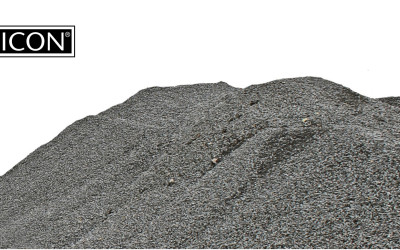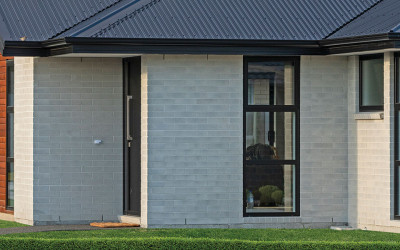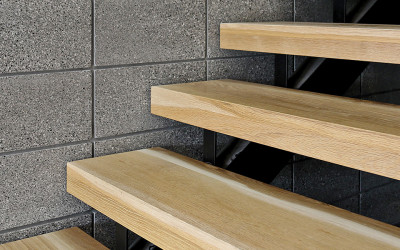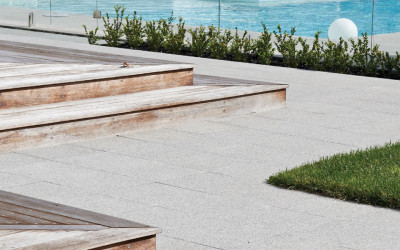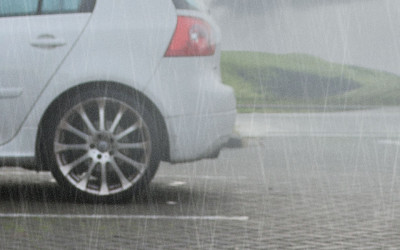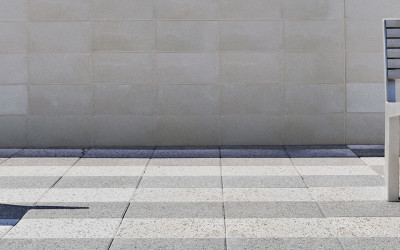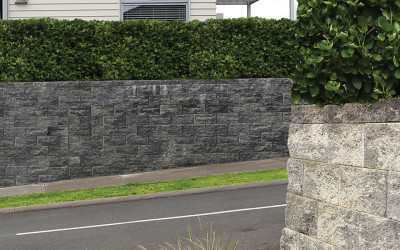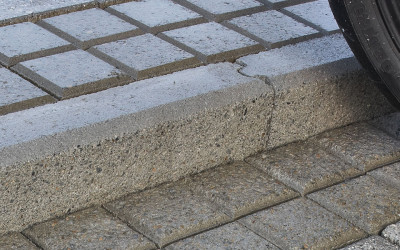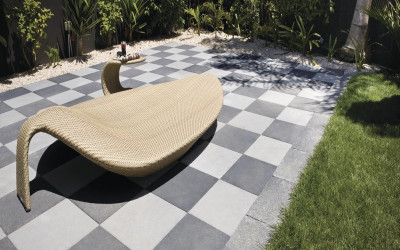Resources
Do you still have a question?
We are here help. If your question has not been answered here, please don’t hesitate to contact us and we will do our best to answer you’re query.
It depends. Call us on 0800 CONCRETE (0800347841) to discuss your options with us.
We primarily sell our paving, masonry, bricks and Dricon products via our distributors thorughout New Zealand. A list of distributors and suppliers can be found here
We sell our products through merchant or distributor channels. As such the price depends on the merchant/distributor the product is purchased from in NZ.
Yes, to request a sample of our bricks or pavers, please call 0800 Firth1 Call us on 0800 FIRTH1 (0800347841) or email us at info@firth.co.nz
Call us on 0800 FIRTH1 (0800347841) to discuss your viewing options. We also have an extensive range of bricks, architectural masonry, concrete and paving display at Residium (formerly the Home Ideas Centre), Parnell, Auckland.
Firth pavers are delivered unsealed. We recommend that our customers seal their pavers to enhance longevity, protect the product and be more durable in the open environment. Different types of sealers will enhance the paver colour to different degrees and some sealants will affect the paver. It is the installer’s responsibility to ensure the application of their selected sealant is done in line with the manufacturer’s guidelines.
• The application of a sealer enables easier cleaning of any growth and increase the durability of the paving
• Risk of efflorescence is reduced
• Colour can be enhanced with a wet look type sealer
• Retention of colour over time is extended
• Reduced risk of staining
Structural:
• The need for formwork and associated labour is eliminated.
• The use of reinforced masonry can result in substantial savings for buildings up to 10 storeys.
• The economics result from the speed and simplicity of using concrete masonry as a structural frame (load bearing and shear walls with horizontal diaphragms), as well as exterior skin and space divider.
• Well proven method of construction for domestic and commercial applications
Fire Protection:
• The fire protection benefits associated with the use of concrete masonry are recognised by the Fire Service and the insurance industry.
• The extra ability to resist fire is a function of the type of aggregate used and the equivalent solid thickness of the masonry units.
Sound Control:
• Concrete masonry is an ideal sound barrier, providing reduced sound transmission comparative to the size of wall.
Energy Efficiency:
• The economic benefit that results from its capacity to store energy and to delay the passage of heat. This unique feature, known as the thermal mass effect. Masonry absorbs passive heat and returns it when the ambient temperature drops providing a more uniform temperature throughout the day during summer and winter.
• Allows building design with less insulation. Hence, material costs and energy consumption can be reduced.
• Allows opening windows to create airflow reducing condensation without loss of energy.
Concrete is the most widely used construction material on earth. In many developed countries concrete buildings and infrastructure comprise approximately 60% of the built environment.
Produced from readily available raw materials, Firth’s Certified Concrete’s strength, durability, thermal mass, acoustic performance, fire resistance and its CO2 absorption capabilities ensure its contribution to a sustainable New Zealand. Firth Certified Concrete® is also proudly New Zealand Made.
As a highly durable construction material with low maintenance requirements, well-designed concrete structures can be expected to exceed both their economic and their minimum service life as specified in the New Zealand Building Code and in some cases last for centuries.
Firth is the first in the world to obtain DECLARE labels for our Certified Concrete® and concrete masonry products. Declare is a global transparency initiative that allows consumers to make informed decisions on their sustainable build whether residential or commercial. It is a database that contains building products from all over the world that are free of red list chemicals such as arsenic or formaldehyde. Getting this well renowned accreditation shows our commitment to a sustainable future for our customers and New Zealand. Learn more here.
If it falls into the category of non-specific floor, the customer’s architect or designer can design the Firth RibRaft® floor using the Firth Technical Solutions Guide.
There are specialist designers/engineers familiar with the RibRaft® systems. General engineers and architects should be able to design a RibRaft® floor.
For information on your concrete order call us on 0800 CONCRETE (0800 26627383).
0800 CONCRETE is our dedicated line for concrete orders throughout the country.
1. Use Anti-Evaporative Spray (Anti-Vap or Evaporation Retardant):
- Slows moisture loss from the surface
- Doesn't need to be removed before finishing
- Re-apply after each finishing pass
2. Create Obstruction or Windbreaks:
- Slows wind speed across the slab.
3. Add Polypropylene Fibres in Concrete Mix:
- Stabilises the concrete surface and reduces cracking.
4. Moisten Subgrade and Forms:
- Helps maintain moisture in the concrete.
5. Cure the Concrete:
- Start curing as soon as finishing is complete.
6. Delay Pouring:
- Consider postponing concrete pouring until conditions are more favourable.
By following these best practices, you can significantly reduce the risk of plastic shrinkage cracking in freshly laid concrete. Click here to learn more.
